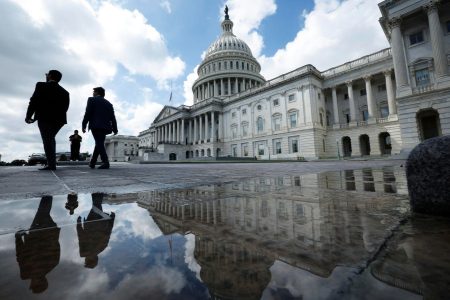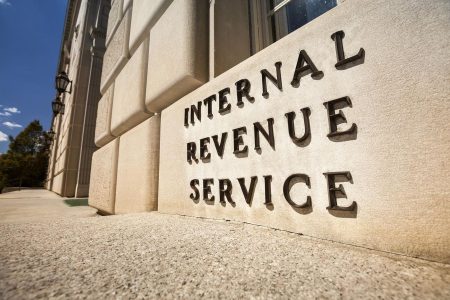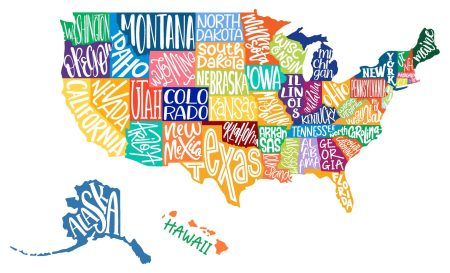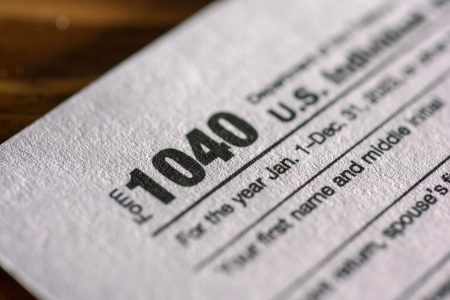The IRS has issued a consumer alert after seeing bad advice circulating on social media about several credits, including a non-existent “Self Employment Tax Credit.”
The alert urges taxpayers to avoid these to0-good-to-be-true scams and posts—many of which suggest that there are ways to get a large refund.
“These improper claims have been fueled by social media and people sharing bad advice,” said IRS Commissioner Danny Werfel. “Scam artists constantly prey on people’s hopes and try to use the complexity of the tax system to convince people there are secret ways to get a big refund. All of these scams illustrate that it’s important to carefully review the tax return for accuracy before filing and rely on the advice of a trusted tax professional, not someone trying to make a quick buck or a questionable source on social media.”
Self-Employment Tax Credit
According to the IRS, promoters and social media are marketing what they describe as the “Self Employment Tax Credit” or SETC. The credit is being touted as a way for self-employed and gig workers to get big COVID-related payments. Similar to misleading marketing around the Employee Retention Credit (ERC), inaccurate information suggests many people qualify for the tax credit and payments of up to $32,000 (some companies promise over $36,000) when they actually do not.
Like many scams, there is a kernel of truth in the fraud that is just enough to lure taxpayers. There is a credit similar to the monikered “Self Employment Tax Credit”—a more limited and technical credit called Credits for Sick Leave and Family Leave. Most people do not qualify for the credit. But, like the ERC, some promoters mischaracterize the credit to suggest it’s widely available for average taxpayers to grab a big payout.
As with the ERC, many of the social media posts do not offer many details about the credit or eligibility. One post simply claimed, “Filed a 1099? You’re eligible…” while another touted the credit was available to “anyone that was self-employed” during the pandemic. Ads are peppered with hot button phrases like “financial relief” and “lifeline.” Some even promise refunds in certain time frames—from 72 hours to 31 days.
Red flags may include promoters who are seeking a “commission” for helping you “register” for the credit (there is no application process as the credit is claimed on your tax return). In some cases, “application” or “registration” fees are as much as 25% of the total credit.
Some websites promoting the SETC appear to have been put together quickly, and are filled with spelling and other errors.
Credits for Sick Leave and Family Leave
Here are the details on the actual credit. As part of pandemic relief, under the Families First Coronavirus Response Act (FFCRA), eligible employers are entitled to tax credits for wages paid for certain leave taken by employees related to the pandemic. And, under sections 3131 and 3132, tax credits for paid sick leave and family leave are also available to self-employed taxpayers. These tax credits are intended to help taxpayers recover from days of work missed due to COVID-19 illness, quarantine, or family care absences.
Credits for self-employed individuals were only available for 2020 and 2021 during the pandemic—the credits were not available in subsequent years. However, you can file amended returns to claim the credit through the statute of limitations—as with the ERC, the window is closing, which is why we’re seeing a push now.
The refundable credits are worth up to $5,110 for qualified sick leave wages and up to $12,000 for qualified family leave wages, but they cannot exceed your self-employment earnings for the taxable year.
The $32,000 figure that you’re seeing tossed about assumes several things:
- Relatively high net income from self-employment;
- Eligibility for both credits; and
- Significant number of days of work missed (up to 110 days for caring for your child and 20 days for your own care)
The IRS sees repeated instances where taxpayers incorrectly claim the credits based on income earned as an employee, not a self-employed individual. That doesn’t qualify under the statute.
Additionally, inflating your income—or misrepresenting the time you missed work due to the pandemic—is improper.
The IRS has previously warned taxpayers about the misuse of these credits. The IRS said months ago that it is freezing refunds and urging other taxpayers to avoid these scams—now, the agency is closely reviewing claims.
Fuel Tax Credit
The IRS has also warned taxpayers not to fall for scams centered around the fuel tax credit—the second time the agency has warned taxpayers about it this year.
The fuel tax credit is claimed for various nontaxable uses of fuel, including farming and off-highway business use. It’s primarily designed for off-highway business and farming use—that necessarily means that most taxpayers don’t qualify for the credit.
Off-highway business use is defined as any off-highway use of fuel in a trade or business or in an income-producing activity where the equipment or vehicle is not registered with the state government and is not required to be registered for use on public highways. Examples include stationary machines such as generators, compressors, power saws, and similar equipment; vehicles for cleaning purposes; and forklift trucks, bulldozers, and earthmovers.
In contrast, a highway vehicle is any “self-propelled vehicle designed to carry a load over public highways, whether or not it is also designed to perform other functions.” A public highway includes any road in the United States that is not private, including federal, state, county, and city roads and streets. Highway vehicles, which include passenger automobiles, motorcycles, buses, and highway-type trucks and truck tractors, are not eligible for the fuel tax credit.
To be eligible for the credit, taxpayers need a business purpose and, as noted in section 6421(a), a qualifying business activity such as running a farm or purchasing aviation gasoline. The credit is most often claimed on Form 4136, Credit for Federal Tax Paid on Fuels.
As part of the fuel tax credit scam, a third party convinces taxpayers to fraudulently claim the credit to get a large refund. Sometimes, the credit is clearly fraudulent, with taxpayers claiming to have purchased and exported large quantities of fuel overseas. These customers may be described as “OTR” (over-the-road) truck drivers and “long-distance” truckers (remember, those taxpayers don’t qualify for the credit). In other instances, those on social media make bogus claims, suggesting you can claim the credit in conjunction with routine business mileage. While a business mileage deduction is available for the use of a vehicle in your business, it is very different from the fuel tax credit—you don’t qualify for the credit simply by buying gas at the pump.
Child Tax Credit
Another rumor making the rounds focuses on the child tax credit. Multiple posts on social media—I saw one on Threads not so long ago—claim that monthly advance child tax credit payments will be mailed out shortly.
There is a child tax credit for 2024. It is the same child tax credit as before (in 2023)—it has not been expanded, and there are no advanced payments.
Specifically, for the 2024 tax year (tax returns filed in 2025), the child tax credit will be worth $2,000 per qualifying child, and the refundable portion will be $1,700. There has been chatter about expanding the child tax credit, but that has not happened. The advanced form of the credit was a pandemic-era boost and was not renewed.
There is no “magic” to qualifying for the expanded tax credit as it simply does not exist.
The Bottom Line
The IRS continues to urge taxpayers to avoid these scams as myths continue to persist that these are ways to obtain a huge refund. Many of these scams were highlighted during this spring’s annual Dirty Dozen series, including the Fuel Tax Credit scam, bad social media advice, and “ghost preparers.”
“These improper claims have been fueled by social media and people sharing bad advice,” Werfel said. “Scam artists constantly prey on people’s hopes and try to use the complexity of the tax system to convince people there are secret ways to get a big refund. All of these scams illustrate that it’s important to carefully review the tax return for accuracy before filing and rely on the advice of a trusted tax professional, not someone trying to make a quick buck or a questionable source on social media.”
Read the full article here












